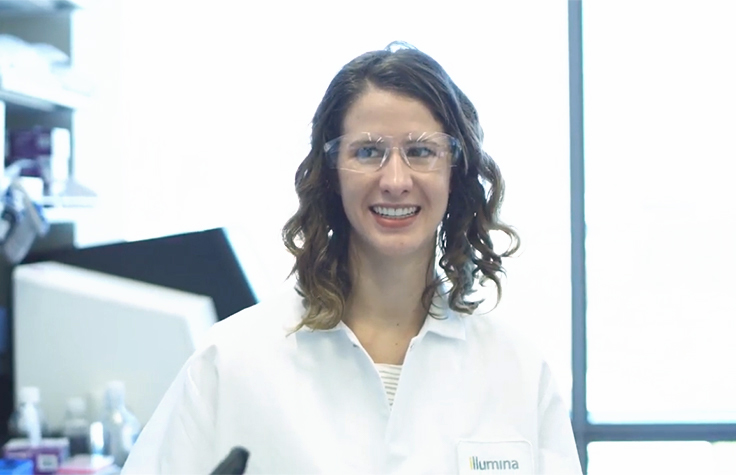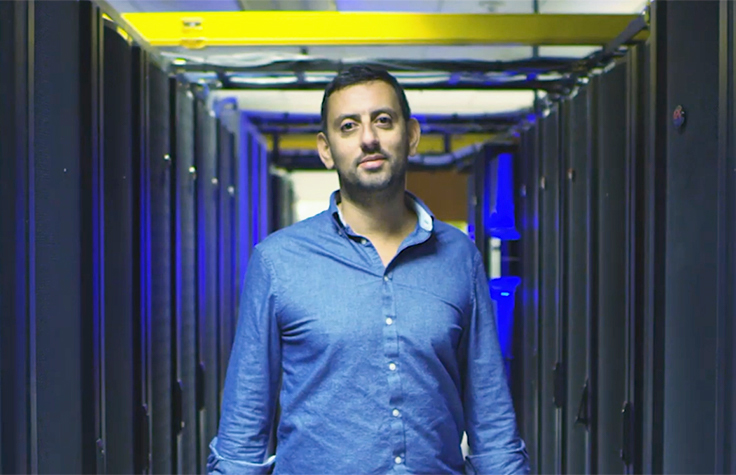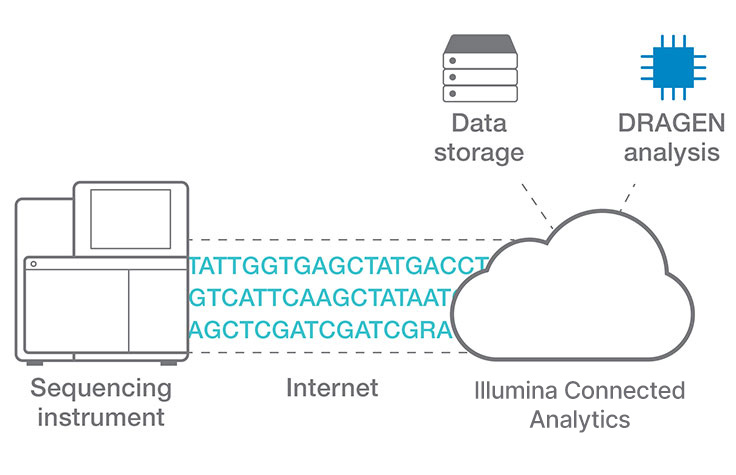Illumina Genomics Research
Illumina Research and Innovation
At Illumina, innovation and research align with a commitment to scientific access, data, and community. These values underpin our leadership in genomics research and clinical applications.
Our scientists help drive progress in how we aggregate, analyze, and interpret genomic data for meaningful insights. Illumina research fuels innovative ways to study, diagnose, and treat disease. Explore some of our latest efforts here.
Recent Discoveries by Illumina Scientists
Research and innovation resources
Illumina R&D innovation roadmap
See the latest technology innovations that will power the next era of Illumina solutions.
Advancing genomic research with AI
Learn how artificial intelligence (AI) is transforming genomics by offering advanced tools to analyze and interpret complex genetic and multiomic data.
Genomics publications by Illumina scientists
Read peer-reviewed articles highlighting breakthroughs and advances in bioinformatics and clinical research from Illumina scientists.
Find open-source software, access developer resources, or explore our entire informatics portfolio.
New to data analysis? Visit our NGS data analysis page.
Open-Source Bioinformatics Tools
Explore a broad range of free open-source software tools provided and maintained by Illumina.
Developer Portal
Start with powerful Illumina software, then use the APIs to customize your workflow from sample to insight.
Informatics Portfolio
Our comprehensive software tools offer rapid, accurate secondary analysis, flexible and secure data storage, scalable infrastructure, and more.
View Portfolio
Metagenomics, COVID-19, & Emerging Pathogens
Robert Schlaberg and Lauge Farnaes discuss use of metagenomics to identify emerging pathogens.

Genomic Tumor Profiling and Precision Oncology
Dr. Rachel Sanborn of the Providence Cancer Institute explains how genomics technologies are empowering precision oncology.
Join the best and brightest in the biotech industry. Collaborate with industry leaders, contribute to cutting-edge research, and ignite your passion for innovation.
Whether you're interested in basic genomics research, bioinformatics, engineering, or clinical product development, join us and make a difference. View our career profile videos to learn more about what it’s like to work at Illumina, or search current job openings.
Featured Opening

Bioengineer Career Profile
Find out what Erin Fang works on, who she works with, and what motivated her to pursue bioengineering.

Bioinformatician Career Profile
Find out how Daniel Brami spends his average day, and where he sees bioinformatics going in five years.
Genomics News

Efficient cloud data analysis for COPD multiomics project
Researchers at Okayama University in Japan use Illumina Connected Analytics with DRAGEN pipelines for analyzing whole-genome, exome, transcriptome, and metagenome data
Read Interview
“It can’t wait until tomorrow”: How patient advocacy drives change
Illumina’s Patient Advocacy team connects patient organizations, scientific research, and community support to transform lives
Read article


